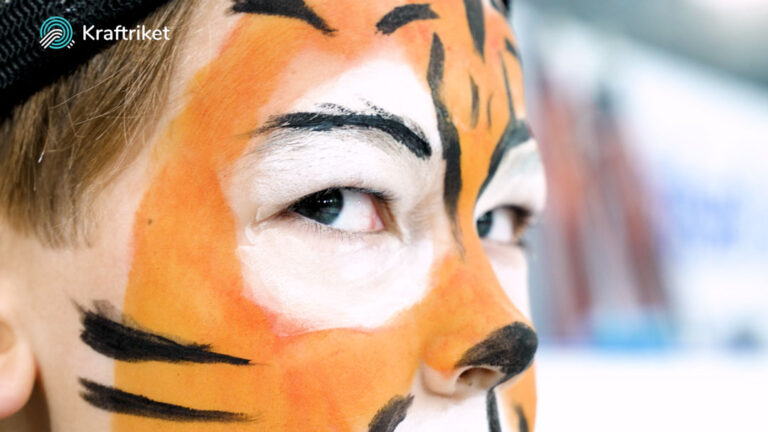Do you dislike standing in front of the camera or being on film? Do you find it uncomfortable to hear your own voice in recordings? That’s a feeling many of us know all too well. But it doesn’t have to be that way. Here we’ve gathered some tips that have helped our team feel more comfortable in front of the lens.
Why is it uncomfortable?
There are several reasons why people find it uncomfortable to stand in front of the camera. Some may feel self-conscious, maybe you feel a lack of control over how you’re portrayed or feel the pressure to perform — maybe you even feel it has to be perfect, especially if it’s in a professional setting. Despite these feelings, there’s a lot of good that comes from jumping into it and getting used to being in front of the camera.

Tips for becoming comfortable
Practice makes perfect
This is tip number one! Film yourself — and do it a lot. It’s uncomfortable at first, but the alternative is to not do it at all. A comforting thought is that if the material can’t be used, you can simply delete it. No harm done, no one saw it. Then just do it again. Eventually, it will start to feel more natural, and you might even find it fun.
Spontaneous or well prepared?
Don’t overthink it! It’s easy to get stuck in the details and overprepare, but sometimes it’s spontaneity that really captures the moment. We recommend thinking through your topic, maybe writing down some keywords you can use as support if you lose your train of thought. Let the conversation flow naturally — it makes everything more authentic and lively. We humans are also quite good at spotting when something doesn’t feel genuine. We don’t recommend writing a script (though there are exceptions). It can shift your focus, and you might start trying to remember sentences word for word instead of talking about something you actually know.

It doesn’t have to be perfect
We’ve all been there — stumbling over words, your tongue tying up, or simply saying something wrong. It’s human, and it’s okay. Perfection is overrated. If you make a mistake, don’t let it ruin the rest of the recording. There’s probably a lot of good in what you’ve said that’s not worth scrapping. Try to maintain the habit of finishing what you’re saying, even if you slip up. Sometimes the best moments come when you least expect them.
Find the joy in it
Finally, remember to have fun! The more relaxed and happy you are in front of the camera, the more natural you’ll appear. Don’t forget that your audience often picks up on your energy (the camera dampens it a bit, so it’s good to practice adding a little extra). If you show joy and enthusiasm, your viewers will feel engaged and positive too. It can also help to film with someone you’re comfortable with, or with a film crew that creates a pleasant atmosphere.
Becoming comfortable in front of the camera is a journey that takes time and patience, but with practice and some good strategies, you’ll notice progress. Don’t be afraid to explore and try new things. You never know what might be your key to feeling confident and at ease in front of the lens. Good luck!
Psst: Read here about why portrait photos of employees are important.


